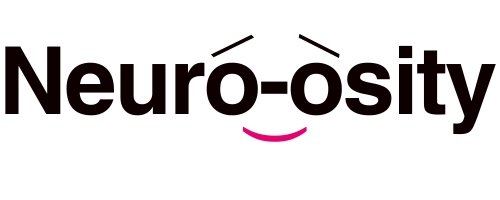Beyond Empathy
If you have a dyslexic child or you are dyslexic yourself, you can probably name multiple strengths that go along with dyslexia like creative problem solving, charismatic leadership, and the ability to see patterns and tie unrelated pieces of a puzzle together. But there is one trait that doesn’t get a lot of attention - the desire for social justice.
The way I explain social justice is simple: It’s a strong need to fight injustice by taking action, protecting others and standing up for what is right. It’s empathy with action.
My daughter has been genetically gifted with Dyslexia and ADHD. She also has an abundance of empathy and compassion towards others. She is the child who to befriends other children on the playground, ensure everyone is given equal opportunities in a group and consistently looks to protects those closest to her. While these are fantastic attributes; when combined with impulsivity and hyper-focus (ADHD traits), it has the potential to go sideways fast!
While she is a great soccer player, she is not known for her great defensive skills or her strong kicks that would scare more people. She is a known for one thing - she doesn’t tolerate anyone pushing around her teammates. If she feels that one of her teammates is being unfairly treated, you can visibility see her posture change and mindset shift. At that point, she is focused on one thing - protecting her teammates. Even at the expense of losing focus on the game itself.
As a mom, this is challenging to watch. While I love that she stands up for what she believes in but it worries me. Once the switch has flipped in her brain, turning it off is tough. I know from experience.
So, I thought I would share a few key things we talk about when replaying situations that have gone sideways or didn’t end as well as we hoped.
Intention - Is this a situation where someone is intentionally doing something to harm you or your friends?
Accidents happen, and it’s important that we consider the option that the other person wasn’t doing it on purpose.
Perspective - How would they describe the situation and their actions to their friends or parents?
Is it possible they are just as passionate as you about the game? Or maybe they have something going on in their life they are struggling with right now.
Results & Consequences - Will your actions make the situation better or worse?
Sometimes we have to “take one for the team” and get the yellow card to protect people we care about; that’s life. Just make sure it’s worth it and benefits the greater cause.
One final note, in the heat of the moment, our heart will usually override our ADHD brains; it’s just how we are wired. Nevertheless, it doesn’t mean we aren’t still responsible for our actions. That is why we must talk through situations after everyone has had a chance to calm down. Through practice, maturity, and learning a few hard lessons, we can hopefully find a positive balance.


